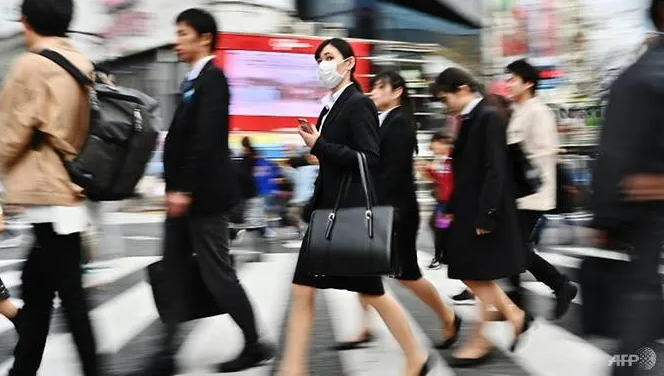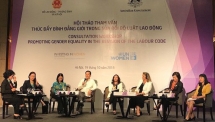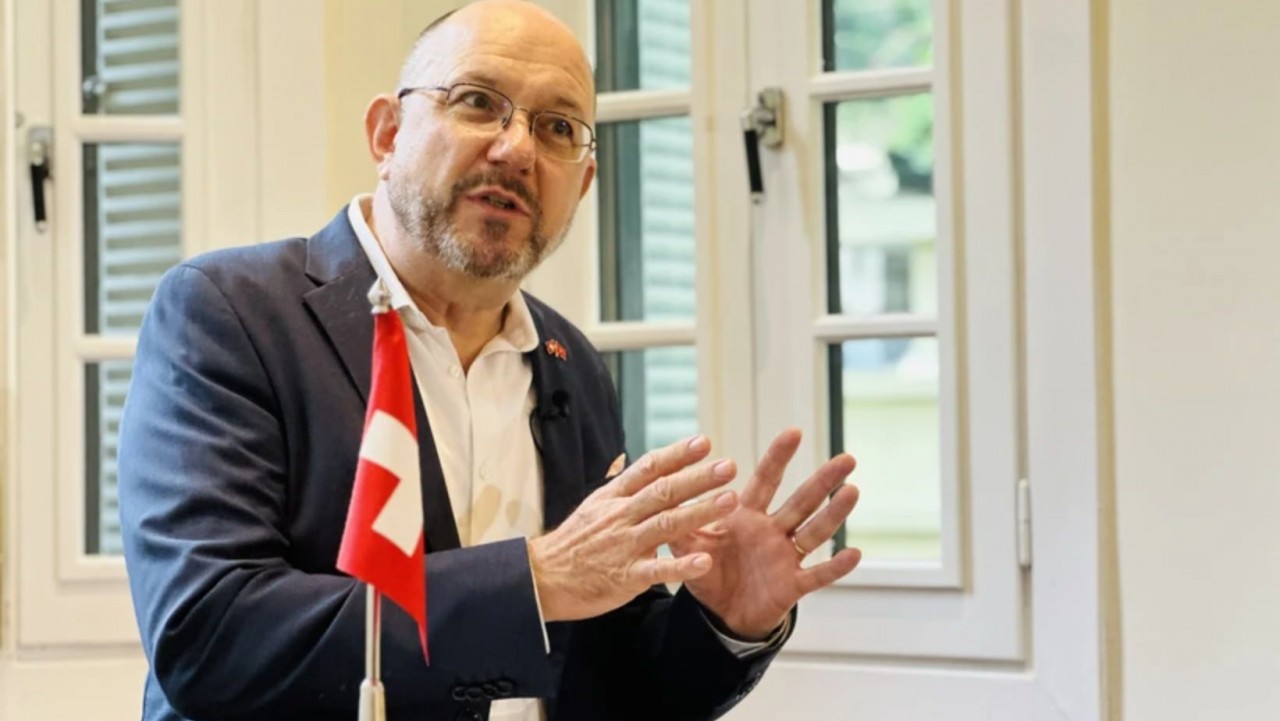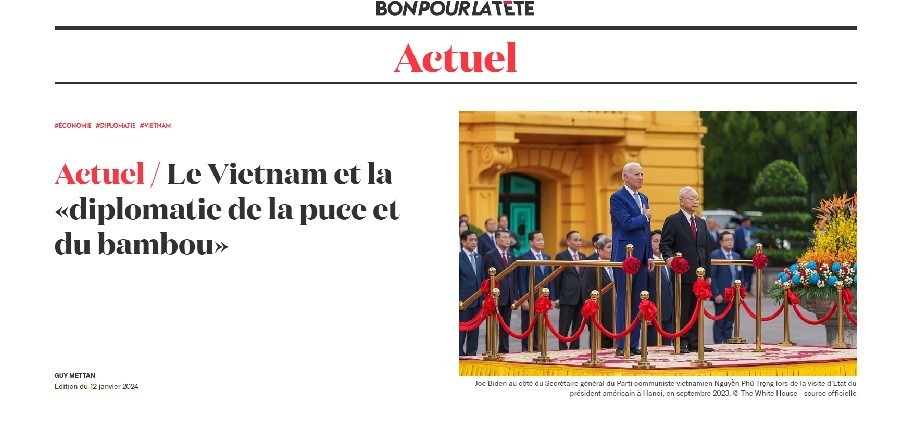Workplace inequality is not expected to be erased until the year 2276: WEF’s Report
 |
| Photo: AFP/Charly Triballeau |
While women appear to be gradually closing the gender gap in areas such as politics, health and education, workplace inequality is not expected to be erased until the year 2276, according to a report published by the World Economic Forum (WEF) on Dec 17.
The organisation, which gathers the global elite in the plush Swiss ski resort of Davos each year, said that the worldwide gender gap in the workplace had widened further since last year, when parity appeared to be only 202 years off.
The organisation's annual report tracks disparities between the sexes in 153 countries across four areas: Education, health, economic opportunity and political empowerment.
The overall gender gap across these categories has shrunk, the report showed, with WEF now forecasting it will take 99.5 years for women to achieve parity on average, down from the 108 years forecast in last year's report.
But while some sectors have shown improvements, others lag far behind.
General parity "will take more than a lifetime to achieve," WEF acknowledged in a statement.
“This year’s report highlights the growing urgency for action,” said Klaus Schwab, the founder and executive chairman of the WEF. “Without the equal inclusion of half of the world’s talent, we will not be able to deliver on the promise of the fourth industrial revolution for all of society, grow our economies for greater shared prosperity or achieve the UN sustainable development goals.
“At the present rate of change, it will take nearly a century to achieve parity, a timeline we simply cannot accept in today’s globalised world, especially among younger generations who hold increasingly progressive views of gender equality.”
40 PER CENT WAGE GAP
WEF said the gender gap was more than 96 per cent closed in the area of education and could be eliminated altogether within just 12 years.
The gap was equally small in the health and survival category, but the WEF report said it remained unclear how long it would take to achieve full parity in this domain due to lingering issues in populous countries like China and India.
Politics meanwhile is the domain where the least progress has been made to date, but it showed the biggest improvement in the past year.
Women in 2019 held 25.2 per cent of parliamentary lower-house seats and 22.1 per cent of ministerial positions, compared to 24.1 per cent and 19 per cent in 2018.
But when it comes to the workplace, the picture is less rosy.
The report, which looked at a variety of factors including opportunity and pay, said it would take 257 years before there was equality in the workplace.
It highlighted positive developments, like a general increase in the share of women among skilled workers and senior officials.
But it stressed that this trend was counterbalanced by "stagnating or reversing gaps in labour market participation and monetary rewards".
On average, only 55 per cent of adult women are in the labour market today, compared to 78 per cent for men, while women globally on average still make 40 per cent less than men for similar work in similar positions.
The wage gap has been steadily shrinking in OECD countries over the past decade, but it has at the same time expanded in emerging and developing economies, the WEF report showed.
GLOBAL DISPARITIES
Progress across the categories varies greatly in different countries and regions.
The report pointed out that while Western European countries could close their overall gender gap in 54.4 years, countries in the Middle East and North Africa will take nearly 140 years to do so.
Overall, the Nordic countries once again dominated the top of the table: men and women were most equal in Iceland, followed by Norway, Finland and Sweden.
Syria, Pakistan, Iraq and finally Yemen showed the biggest overall gender gaps of the countries surveyed.
Among the world's 20 leading economies, Germany fared the best, taking 10th place, followed by France at 15th, South Africa at 17th, Canada at 19th and Britain at 21st.
Iceland is ranked as the nation closest to achieving gender parity, having closed 88% of its gender gap, followed by Norway (84.2%), Finland (83.2%) and Sweden (82%).
The United States continued its decline, slipping two places to 53rd, with the report pointing out that "American women still struggle to enter the very top business positions", and are also "under-represented in political leadership roles".
Recommended
 World
World
US, China Conclude Trade Talks with Positive Outcome
 World
World
Nifty, Sensex jumped more than 2% in opening as India-Pakistan tensions ease
 World
World
Easing of US-China Tariffs: Markets React Positively, Experts Remain Cautious
 World
World
India strikes back at terrorists with Operation Sindoor
Popular article
 World
World
India sending Holy Relics of Lord Buddha to Vietnam a special gesture, has generated tremendous spiritual faith: Kiren Rijiju
 World
World
Why the India-US Sonobuoy Co-Production Agreement Matters
 World
World
Vietnam’s 50-year Reunification Celebration Garners Argentine Press’s Attention
 World
World










